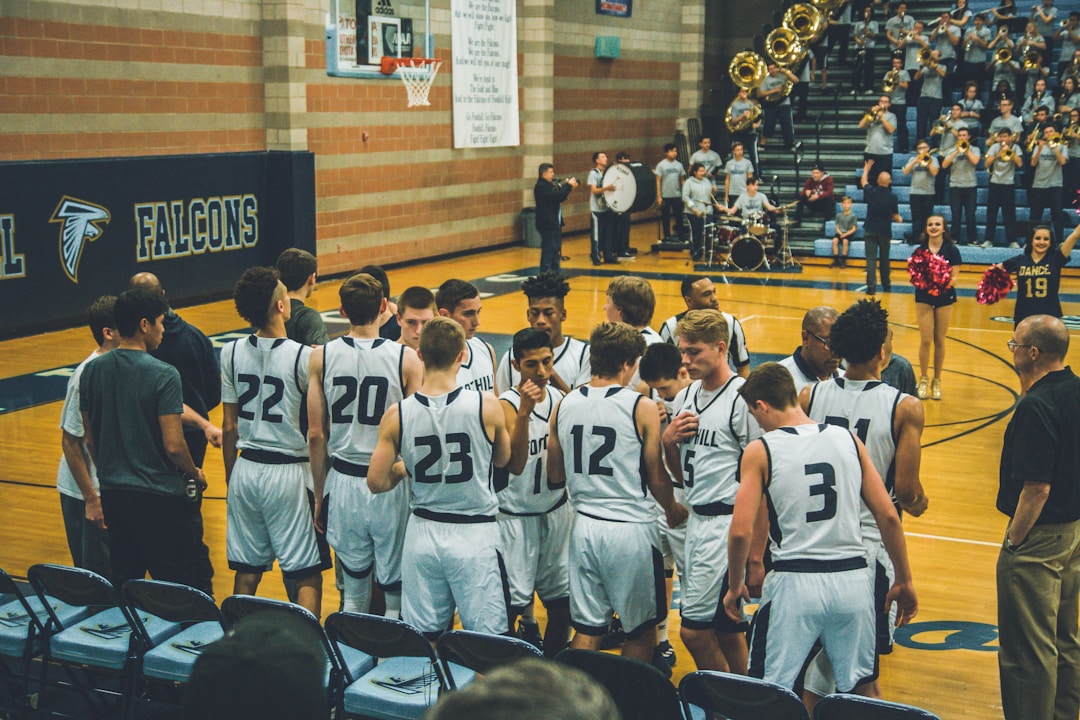Curiosity is the key to innovative thinking. Buiding this skill requires constant exercise, and an organisation design focused on allowing experimentation.
When I’m asked what’s the most important skill I look for during a recruiting process, I don’t hesitate to say curiosity. Some consider this an innate side of our character, some an attribute of personality, some a skill that can be even taught. Whatever that is, I believe this to be one of the key elements that can make or break our success at work.
I have no special talent. I am only passionately curious.Albert Einstein
Psychologists have compiled a large body of research on the benefits of curiosity. It links with intelligence, with motivation, with engagement and performance, with more meaningful goals, as well as with overall success. In 2017 the George Mason University developed a model to understand curiosity based on 5 dimension:
- Deprivation Sensitivity: I have a gap in knowledge that I need to fill in,
- Joyous Exploration: I’m consumed with wonder about the fascinating world.
- Social Curiosity: I like to talk and observe people, to understand what they’re thinking.
- Stress Tolerance: I accept and exploit the anxiety to experiment new things.
- Thrill Seeking: I am willing to take risks to acquire new intense experiences.
Through these dimensions you can immediately see that people are curiously different also on how they are curious. Each of us can immediately more or less relate to each of the components above. But if you’re curious, there’s an online test that assesses your curiosity levels against these 5 axes, developed in conjunction with Merck CGA.

To me one of the most important added value of curiosity, is how it can protect us from bias. By being curious, you challenge yourself and others in terms of assumptions.
Curiosity is also really relevant at an organization level. It’s clear its linkage to Innovation, but also to Diversity and Inclusion (curious people tend to seek for multiple points of view and as seen tend to avoid bias), and Agility (curious people tend to challenge constraints and assumptions).
How do I develop curiosity in others?
As a manager you might have been unwillingly killing a lot of curiosity around you. As this skill is often not seen as a direct link with performance, people tend not to concentrate on it. By now however you should know that the skill is really vital. So the question is, how do you make it important for your team, so that you can develop it? Here are a couple of ideas:
- Model it. Best is to make space for Curiosity by leading by example. For example, state loud I don’t know the solution to this problem, let’s look it up together. Or make sure people are aware about how much time you dedicate to your curiosity I read this great article. Let me share this with you.
- Enable it. Curiosity needs time. And not all people are naturally keen in making room for it. So, make sure you create the condition to explore new topics, and establish some time in your team meetings to have people share what they have learned.
- Celebrate It: there’s nothing better then saying that’s an excellent question to drive more discussion and stimulate curiosity. Also celebrate the results of new ideas of your team members.
Let’s check this up
Let’s do a pulse check about how you are doing in terms of curiosity. Reflect on how you engaged with the world last week. How many of the things below are true?
- I got so absorbed in learning something new that I lost track of time.
- I talked to someone who gave me a new idea or changed my mind on something.
- I took the initiative to learn more about one of my interests.
- I didn’t know the answer to a question, and this didn’t allow me to rest until I figured it out.
- I explored a completely new idea or topic—just for the fun of it.
- I took the initiative to talk to a new person, just to discover what she was thinking
And you? What do you think about curiosity?

Comments and Feedbacks
More posts like this










